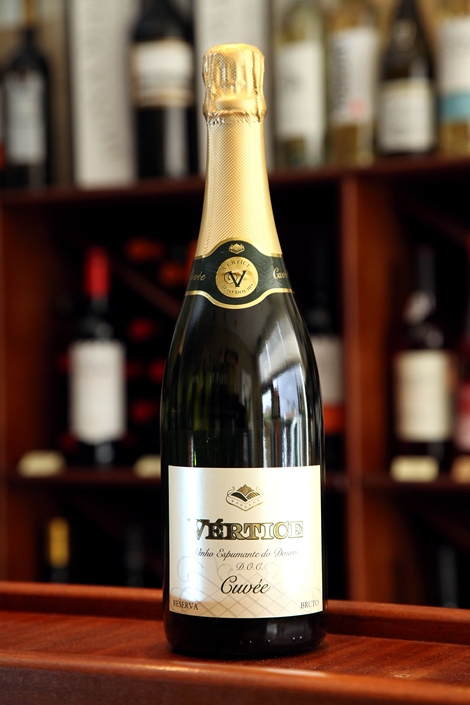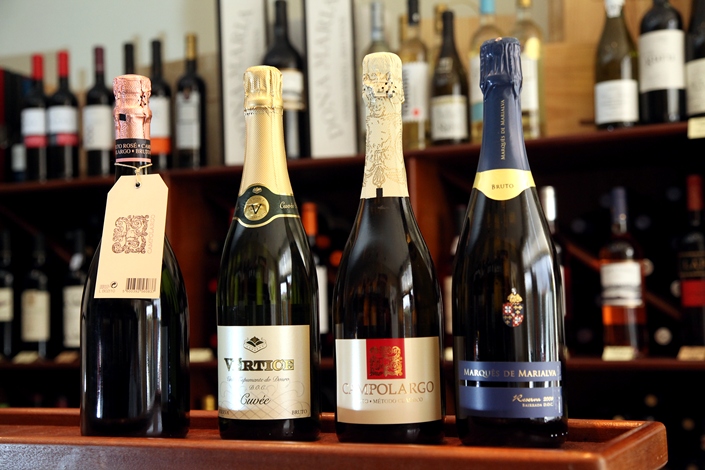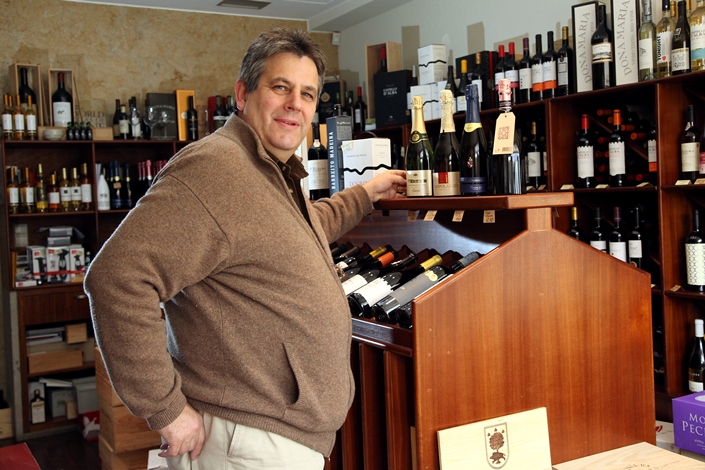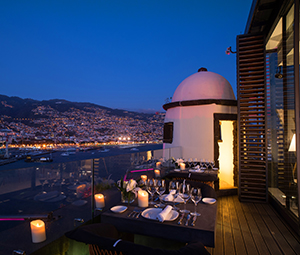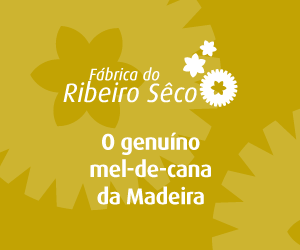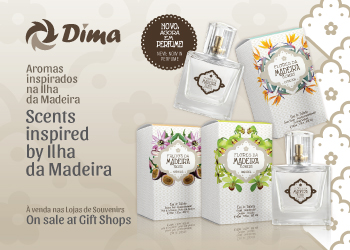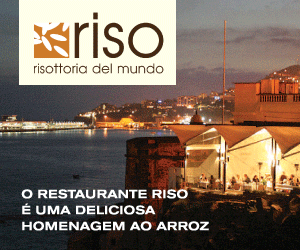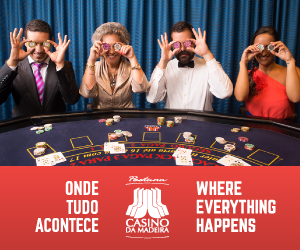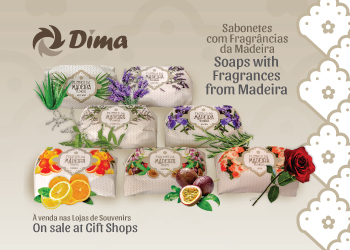Portuguese sparkling wines are increasing in quality and are already being compared to Champagne.
Perhaps it is the bursting of the bubbles, the quality of the drink or it is notion of glamour associated with it; whatever it is, Champagne continues to be the drink of choice for every celebration and big moment in life.
The continued dominance of Champagne has helped to minimise the notoriety of other sparkling wines that are produced around the world but this New Year’s Eve has seen the demand for Portuguese sparkling wines increase in Madeira.
Champagne is often used to describe sparkling wines but it is only sparkling wine that is made in the Champagne region of France that can carry the illustrious title, all other sparkling wines, even if they are made in the same way, must be called something else and in Portugal that name is usually “Espumante”.
In Portugal the production of high quality sparkling wine has been on the increase and because of this Portuguese sparkling wine is now considered to be a perfect choice to accompany the festive season.
Américo Pereira, sommelier at Enomania, a company which distributes various Portuguese sparkling wines across Madeira, said that the key to maintaining such high quality was all down to “the choice of the grapes”.
In the past, wines of an inferior quality were used to make sparkling wine but this has now changed and now only specific grapes are chosen to be made into sparkling wine. Grapes are picked earlier than usual to “maintain a high level of acidity and a low level of alcohol” because sparkling wines “do not want to be too alcoholic”.
Grapes for sparkling wines are picked on average two weeks before they are picked to make other wines and only specific grapes are chosen to make the sparkling wines.
This level of selectivity in production has paid off and now the sparkling wines in Portugal are considered to be good enough to be compared to the French Champagnes, not that the Portuguese are looking to replicate the French version, however it is a comparison that will always be made when talking about sparkling wines from around the world.
The consumption of Portuguese wine is growing not only because of the increased quality but also because of the very competitive pricing of Portuguese sparkling wines. A bottle of sparkling wine can cost anything from five euros to 25 euros making it an accessible celebration drink for most budgets.
At the top of the Portuguese range of sparkling wines there are brands such as Vértice Millésime, a sparkling wine that has been bottled for five years and boasts a light body with a complexity that is similar to the great French Champagnes. Sommelier Américo Pereira also highlighted the Borga, Campolargo, Marquês de Marialva and the CC&CP brands among others being ones to look out for.
The Bairrada region is where most of the sparkling wine is produced, however in recent years there has also been production of sparkling wine in the Beiras and the Douro where there has been investment in developing this type of wine.
Sparkling wine is made from two red grape varieties; the national Baga and the international Pinot Noir while the white grapes of Chardonnay are also used.
As traditional white sparkling wine has grown in popularity so too has both rosé and red sparkling wines. The red sparkling wines are consumed less, mainly because they are associated with heavier food pairings such as the traditional Portuguese suckling pig, however rosé is very popular.
Américo Pereira explained that for every 100 bottles of white sparkling wine that is sold there are 60 bottles of rosé sold with the sparkling rosé being ideal for parties, celebrations and summer barbeques.
To help to boost the popularity of Portuguese sparkling wines producers are also investing in vibrant and eye catching labels and bottles which is proving to be an invaluable marketing tool aimed at impulse buyers – an increasingly important sector of the wine buying market.
www.facebook.com/enomania.madeira
Tel. +351 968 087 256
